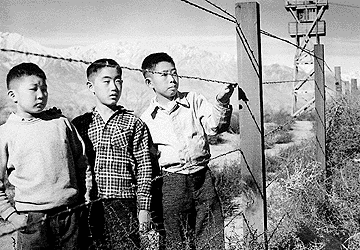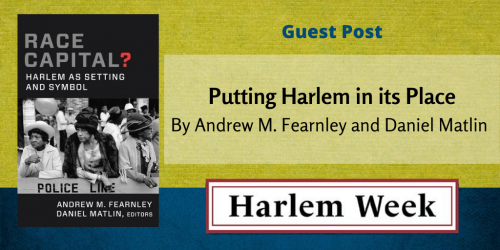A new look at the confinement of Japanese-Americans
In a recent feature on Rorotoko, Greg Robinson, author of A Tragedy of Democracy: Japanese Confinement of America, discusses his new book and how it presents the existence of Japanese internment camps in a more expansive light.
Robinson’s new research reveals the transnational character of the policy—Canada and nations in Latin America also had camps for Japanese residents. He also reveals that government surveillance of Japanese communities began in the 1930s and construction of camps got underway even before the attack on Pearl Harbor.
Robinson also examines the unique situation in Hawaii which at once was a place of tolerance and oppression for Japanese-Americans. Robinson writes:
The military governor in Hawaii had indeed refused to round up masses of Japanese Americans, and had ultimately allowed Americans of Japanese ancestry to join the Army and prove their loyalty. Yet, almost in the same breath, the Army proclaimed that the presence of so many Japanese Americans at large was a danger.
Indeed, as the years went by after Pearl Harbor, and the threat of an invasion by Tokyo became less and less plausible, Army commanders increasingly played the race card, justifying military rule over civilians on the basis that the menace of Japanese Americans made it necessary. There was an essential connection between the military invasions of constitutional rights of Japanese Americans both on the mainland and in Hawaii.
Robinson’s essay concludes with an argument for his book’s relevance particularly in the post-9/11 world:
A Tragedy of Democracy … attempts to synthesize a great deal of new information on the experience of Japanese Americans at the same time that it brings together histories of confinement in different countries—histories that have only been studied in isolation. What I hope people take away from it is a sense of how fragile our liberties are—not just those of US Americans, but of people in democratic societies throughout the continent—and how easy it is in time of emergency to suspend judgment and give excess power to military authorities with a plausible claim of national security.



